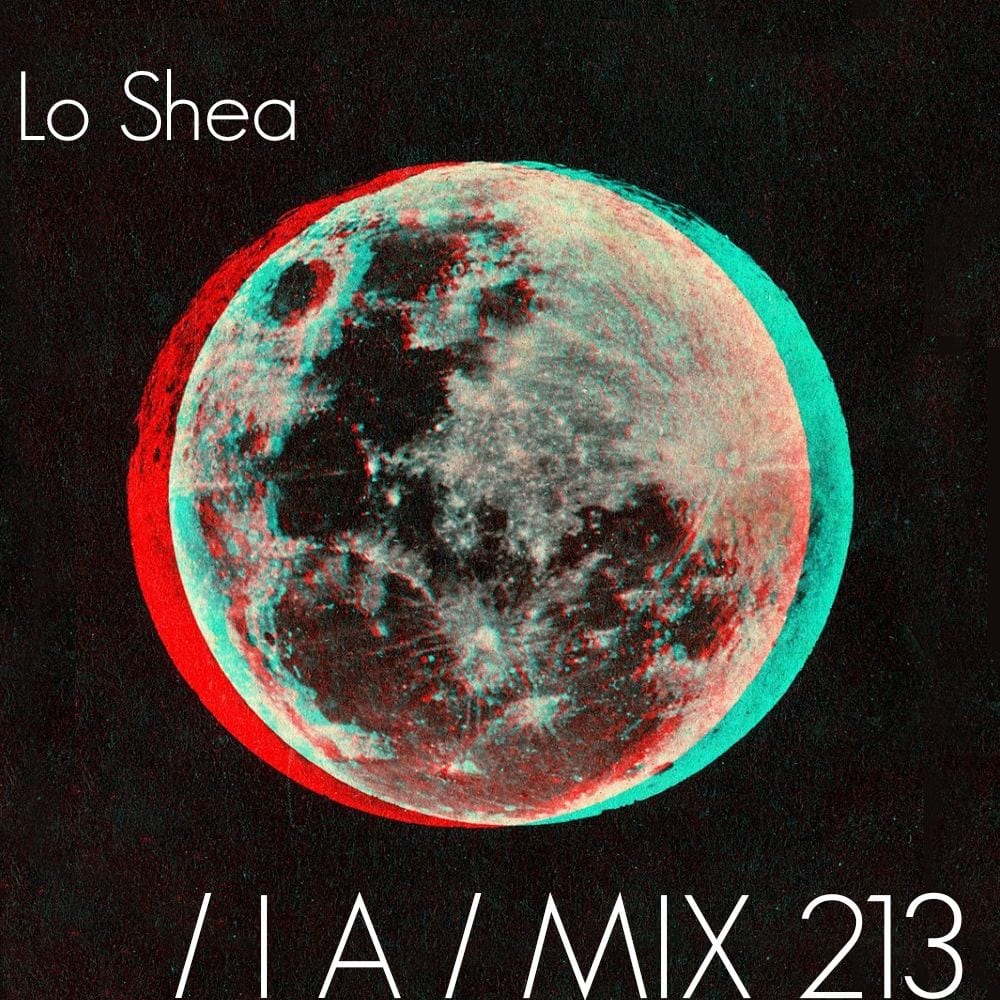
There is something refreshing about the ascent of the UK’s Liam O’Shea. The path of progress, in the main, usually sees producers flock to the capital before continent hopping with the magnetic draw of Berlin being the next logical step. O’Shea, however, has been dedicated to the Sheffield cause. And why not? The city has a rich heritage in electronic music; it gave birth to the iconic name of the warehouse scene in Warp Records, it was home to arguably one of the biggest clubbing brands in Gatecrasher.
Following a period of disorientation in the city, the scene was defibrillated by O’Shea starting with the Downlow parties and succeeded with his own Hope Works venture. This saw the cream of the worlds DJ’s descend on the city with the likes of Floating Points, Leon Vynehall, Nina Kraviz, Lucy and the Zenker Brothers appearing in the last twelve months.
While being dedicated to the scene, Lo Shea productions have been championed by the likes of Mosca and Vince Watson, leading to the appearance on respected labels such as Ripperton’s Tamed Musiq and on record store Phonica’s own in house label. Gradually growing in prominence on the production front, the future looks set for Liam O’Shea to become the complete end to end package.
Interviewed by Simon Whight
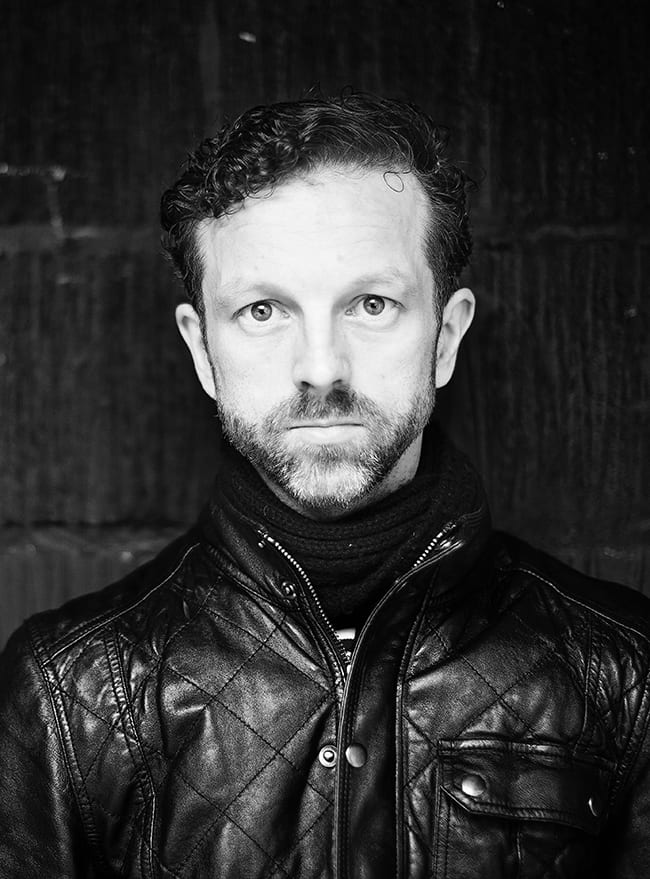
"My story is one of a life in music, of staying interested, staying open, being curious, of working with my community, of not giving up on your dreams and a lot of hard graft."
At the moment you are spearheading an initiative in conjunction with “Year Of Making Sheffield 2016”. What is this project and how is it going so far?
“Year Of Making Sheffield 2016” is a chance for Sheffield to showcase all forms of ‘production’ in the city, ranging across advanced manufacturing to arts, music and theatre. I wanted to get involved with this as I’ve been banging on about Sheffield and its creative heartbeat for years now.
I got a commission to do a project called “Mapping Creativity” and my idea is to showcase Sheffield art, design and musical excellence in Hope Works at an actual rave, not just a typical gallery setting. I wanted to do something that reaches out into a real club setting as it is, after all, what I’ve been doing here at Hope Works. This project has given me the opportunity to go a lot further to create something very special.
I’m working with some very talented people to create a project mapping installation that will form a large stage set on which artists will perform behind on the day. Its on 3rd June 2016, BBC Music Day, and this will be part of Sheffield’s contribution to this national initiative.
The stage set will reference Sheffield’s steel producing heritage, but the crux of the project is both the fact that we as a city are moving into a future with a different economic angle based on different skills; art, design, culture. We are an extremely green city as well as having a very industrial heart. We’re industrial in nature both geographically and behaviourally.

"The crux of the project is both the fact that we as a city are moving into a future with a different economic angle based on different skills; art, design, culture."
I’ve seen you described as singlehandedly rejuvenating Sheffield’s nightlife. I wouldn’t mind getting under the hood of this and knowing about the history of you and the area. Firstly, Sheffield has a rich heritage in the form of Warp Records and the general warehouse sound having its roots there. What do you remember of these times?
That’s flattering but I don’t agree and have no power over what people want to say about me. I don’t believe that anyone does anything singlehandedly. Like what people say about the 60’s, if you remember the 60’s you weren’t really there. Same thing here.
I came here in September 1991 to study at University and stayed on. While at University, it took me a while to discover the underground electronic Sheffield, as is often the case when you come to a new city you don’t know.
I came from Nottingham and my first years in Sheffield were still linked very much to Nottingham. It had a very strong West Indian culture and my experience of rave culture was very much tied in with this. The sound of tracks like “Illegal Gunshot“, “Spliffhead“ and especially “Hooligan 69“ and “On a Ragga Trip“ by The Ragga Twins ring in my mind.
From 1990 it moved to a mixture of this sort of record to T99 “Anastasia 1991“, Jamaican emcees over T99 Anastasia, that was my introduction into rave, just before I left to go to university here in Sheffield. Some of my older mates would come over from Nottingham to go to CJ’s after parties, because they stayed open longer and had decent music.
But I never did that, I was just a bit too young. I was also half rocker, half raver and divided my time accordingly. I was in a band that was more influenced by Jane’s Addiction and Jimi Hendrix than LFO. Things changed as I settled into Sheffield and started to absorb the culture that was happening there, in the cracks.
I feel I arrived just a bit too late to get into what was happening 91-93 in Sheffield properly. It took me leaving university and immediately working in nightclubs to properly immerse in it all. I worked for the guy who owned Niche + Capitol as my first job after leaving University, it was also this period where I began DJing properly.
It’s a really in-depth topic this, and I don’t want to bore you too much but from my perspective, Sheffield wasn’t so much doing warehousing in this period. The Arches catered for the underground techno thing but after the Criminal Justice Bill people were a bit spooked. I think this led to things getting sanitised into legal clubs, a move that eventually led to the superclub mentality.
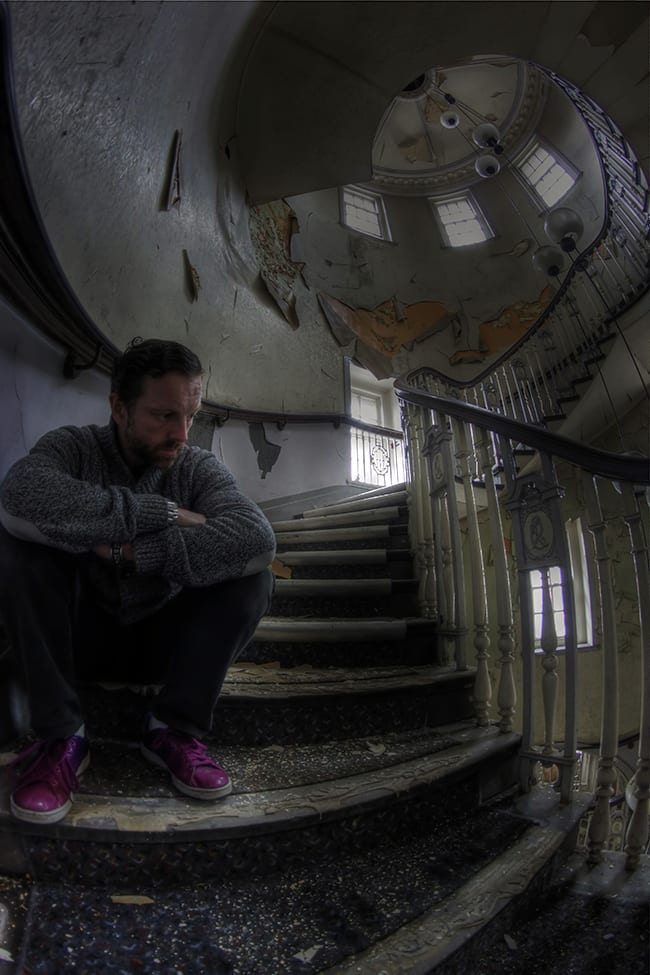
"Manchester had 'The Hacienda' so we tried to do our own version, 'The Republic'. It was a great idea but it went to rack and ruin and eventually got bought by Gatecrasher."
Sheffield seemed reactive to me. Morley had ‘The Orbit‘, so we developed ‘The Arches’. Manchester had ‘The Hacienda‘ so we tried to do our own version, ‘The Republic‘. It was a great idea but it went to rack and ruin and eventually got bought by Gatecrasher, which, funnily enough, went on to become Sheffield’s major export for a while in the days of trance being king. Haha!
There were free party crews and sound systems like Spoof, Smokescreen, Curfew, plus DiY from Nottingham, who would throw parties like Ringinglow in the Peak District that were ace. There was Niche, which I saw develop from the inside as I worked for the owner, the whole Sheffield Bassline sound, and NY Sushi was an amazing brand. I was resident and played the millennium with Grooverider for them as I was DJing drum’n’bass from the mid 90’s to the early 2000’s until I left to pursue other things.
If you cast the net outside Sheffield city centre to Doncaster, you had BYO which was definitely a rave warehouse. I went there a few times over the years. Hardcore massive. There were other clubs like Occasions and the Palais, which later became the house club BED, and the Unit where NY Sushi was for years, which is now a rock club called Corporation.
Theres too much to talk about really here! Haha!
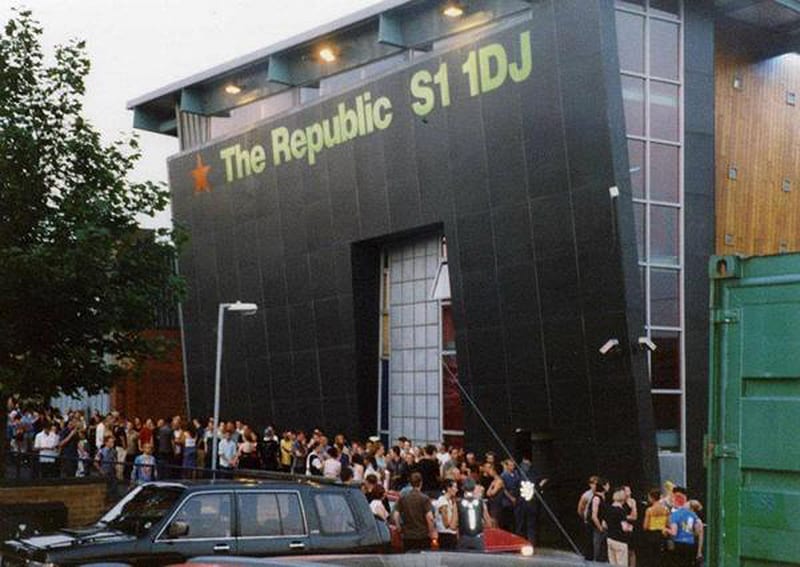
"The Republic and Gatecrasher represent just one aspect of Sheffield's development."
Eventually Sheffield was put on the map with the rise, and then eventual fall of The Republic/Gatecrasher, what was going on at this point?
The Republic and Gatecrasher represent just one aspect of Sheffield’s development. At the same time as this, Niche was developing, Autechre were emerging and were big among myself and my friends. No Logic had been doing techno at the Arches in Sheffield, where I started DJing, and NY Sushi was a very important multi faceted club night here and dominated the alternative electronic landscape.
Also, in the late 90’s and early 2000’s, Scuba – a deep house night my friend ran, not the DJ – was going strong. Chris Duckenfield was resident and all kinds of great artists played there from Morgan Geist to Larry Heard.
Other important nights around the same time of the Gatecrasher era were Sub Rosa, where 3 Chairs first came to Sheffield and played, Urban Gorilla which hosted everyone from James Lavelle to Jeff Mills, Full Spectrum and Voltage – two drum’n’bass nights I was associated with. You can see a much richer alternative picture emerging of Sheffield.
If we take the closure of Gatecrasher as the crisis point of the scene in Sheffield, how does your story of rejuvenation play out?
It’s not my story as much, it’s somebody else’s story. My story so far is one of a life in music, of staying interested, staying open, being curious, of working with my community, of not giving up on your dreams and a lot of hard graft.
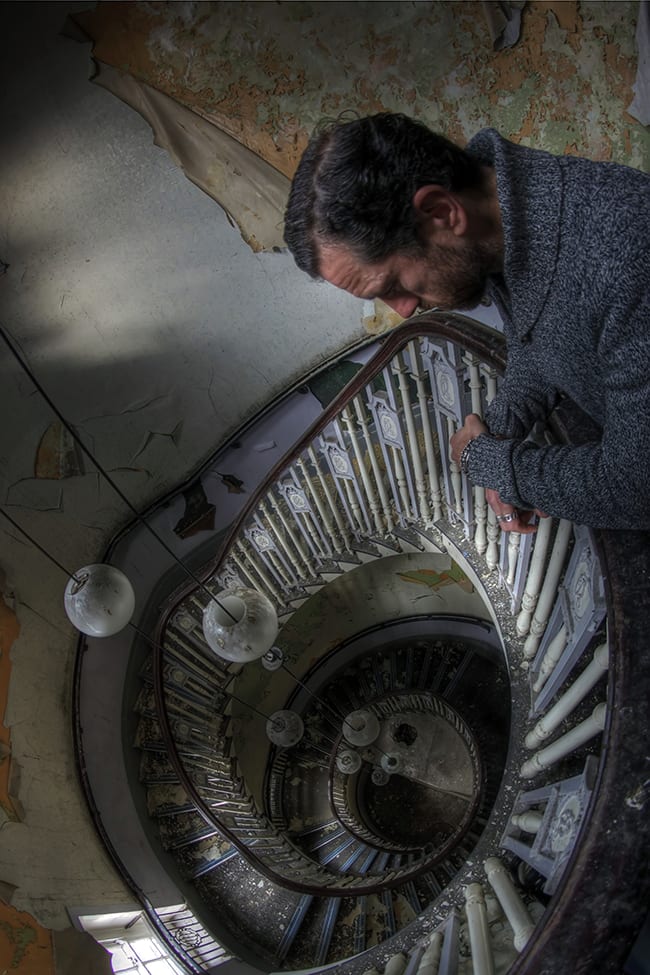
"I try to lead a life as openly as I can to inspiration and possibility. Let that be my guide."
With the struggles of nightclubs in London, do you see the North starting to play a greater role in the UK’s electronic music scene?
I think in the North we’ve always played a major role, nothing new here. We know how to have fun, that much is true. Our audiences can really give a lot to an artist performing to them. I’ve heard it said many times and I think it’s an actual thing.
You’re obviously pouring a lot of love into Sheffield and the North at the moment. Do you ever fancy going down the circuit DJ route and touring?
I’ll just be trying to do things of worth with my time wherever I can. That’s all I can hope for. I try to lead a life as openly as I can to inspiration and possibility. Let that be my guide.
Closer to home, what does Hope Works have in the coming months that you want to highlight?
Lots of great stuff! Robert Hood is coming back to Hope Works on 22nd July as Floorplan, Tom Trago and Leon Vynehall are here on 23rd July and closer to now there’s Kink (Live), Romare and Dj Vas on 10th June, and the very special Mapping Creativity event on 3rd June with The Black Dog. There’s also a LOT more to be announced at this incredible art rave I’m curating so I’m a busy bee for sure!
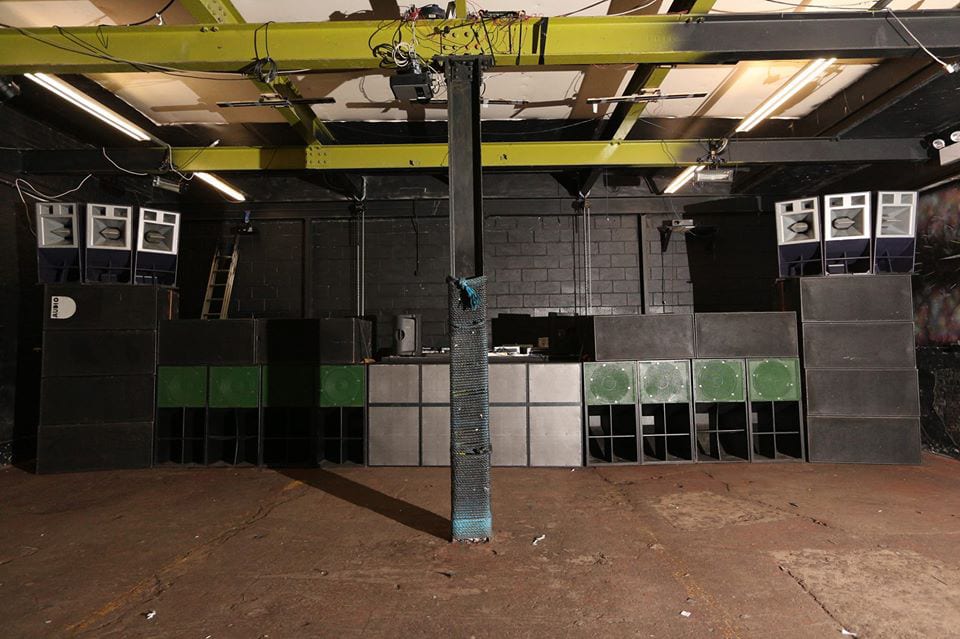
"I have kept the mix pretty upbeat, it’s just how I was feeling when I did it. Its full of dynamics I hope, light and dark, sparse and dense, old and new."
Can you take us through the mix? What was your creation process like for it; technically but also about some of the key tracks and their significance for you.
I used Technics 1210’s and CDJ’s. Mixture of mediums as always and a healthy selection of new, old and unreleased material as well as SFX and atmospheric material I like to spin in. I have kept the mix pretty upbeat, it’s just how I was feeling when I did it. Its full of dynamics I hope, light and dark, sparse and dense, old and new and I reached for interesting rhythmic combinations where I can.
It’s hard to pick key tracks. I like them all and I always finish a mix and think “ahhh, why didn’t I include this one or that one too.” There’s so much good music about. Suffice to say this just gives a window into where I’m at at the moment on the uptempo side of the fence mainly. I stepped the mix up in intensity as I moved quickly through the energy levels, condensing into an hour what would take 2 or 3 normally. It’s always a good challenge to try to be succinct (I’m not succeeding with this description though!).
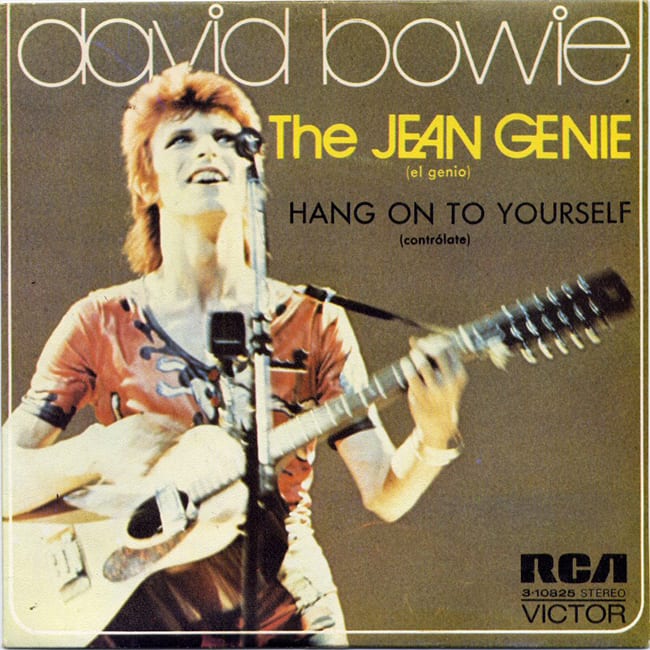
"For Bowie, I respect his body of work, the intellect and the tireless reinvention. It’s so brave and also shows such energy."
I saw you mention the impact that David Bowie had on your life, which of his music was the most significant for you?
Bowie is someone who was so big an artist he spanned generations, continents, race divides and all the rest of it but he’s by no means the be all and end all for me as an icon. I hold Thelonious Monk in just as much esteem as Bowie, even though he reached many millions of people less than Bowie through his music, arguably. However his impact in my life has been colossal.
For Bowie, I respect his body of work, the intellect and the tireless reinvention. It’s so brave and also shows such energy. His performance headlining Glastonbury was utterly spellbinding to me – his delivery and the stature of the man delivering this mountain of culturally significant weight to a global audience was special.
To me, musically I’m a Jean Genie man as much as I’m a Lets Dance man. I definitely, particularly reach for those classics. They are the classics for a very good reason I think.
Discover more about Lo Shea on Inverted Audio.
Lo SheaPhonica RecordsSeaghdhaElectronicHouseTechno